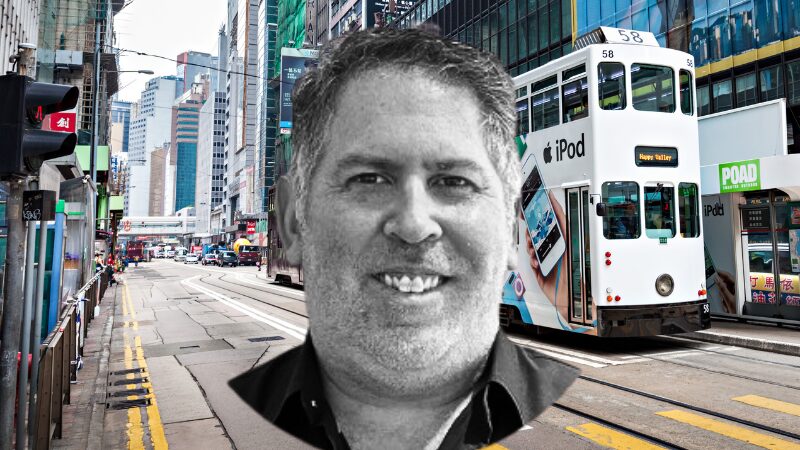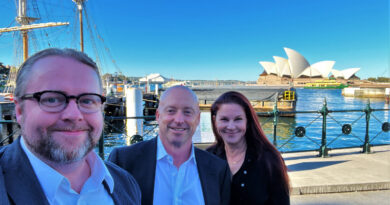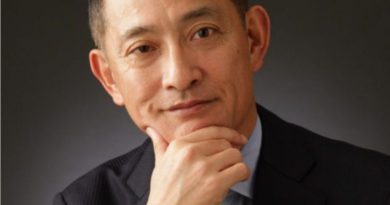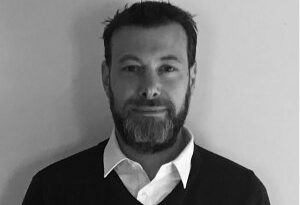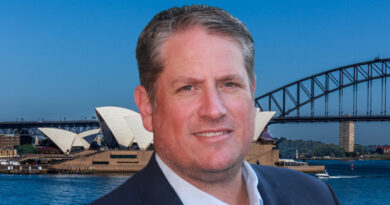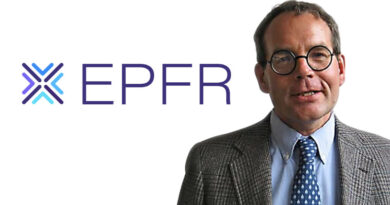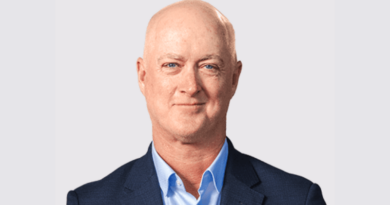Carl Radford: “Delivering global macro through the lens of Asia”
Hedge fund manager Carl Radford talks with the Hedge Funds Club’s Stefan Nilsson about choosing Hong Kong as a home for his fund management business, delivering global macro through the lens of the Asian liquid markets, what it takes to be a great hedge fund manager and much more.
Carl Radford, who recently set up White Elk Partners with his business partner Michael Rothlin, worked at HSBC and Nomura before stints at several of the world’s more established hedge funds.
Earlier, you have worked at several major hedge funds – BlueCrest, Brevan Howard and Astignes. What made you make the move to set up your own firm?
I wouldn’t define it as any one factor, for either myself or my fellow co-founder Michael Rothlin. We had been discussing the idea of collaborating on a project for many years, in varying forms. Ultimately both myself and Michael felt that maintaining control of our reputations, that can only come from having your name on the door and the responsibility associated with that was something we felt was the challenge we were looking for at that stage of our careers.
What is the major difference between being an employed portfolio manager and running your own firm?
As an employed portfolio manager, you are given defined parameters and a pre-built framework already in place to proceed to implement your investment strategy from day one. While running your own firm, the challenge is designing the framework and establishing the infrastructure for you and all current and future portfolio managers at the firm, to implement their investment strategies to their optimal capacity.
Tell us about your global macro relative value investment strategy and how it differs from other investment strategies.
What defines and differentiates our approach from our competitors is its ability to deliver returns in all market conditions. We place a greater emphasis on having a deeper understanding of the products we focus on, along with a diverse mix of relative value and macro directional trading styles to widen the breadth of opportunities we generate returns from. In conjunction with a proprietary developed collateral management approach integrated into the fund’s investment management, we feel this delivers investors a more stable and market environment agnostic return profile from the ability to generate alpha throughout periods of high- and low-interest cycle and volatility cycles. Unlike many funds that often attempt to be everything to everyone, we very much focus on delivering our investors a much more bespoke proposition of delivering global macro through the lens of the Asian liquid markets, which seeks to fill a very defined gap we find many multi-asset allocators have within their portfolio.
Tell us about the White Elk management team.
Throughout my buy-side career, I have been very fortunate to work under some amazing CEOs. I saw first-hand the benefits brought to those organisations of having a dedicated management team sitting outside the function of money management. Michael and I have very much looked to build out our business with a similar mindset. For many emerging managers, however, the ability to attract senior managerial talent, to fill the roles of CEO, CTO and COO, often remains out of reach. However, we have been blessed by the support of three amazing individuals, Anthony Bathurst, Peter Welsh and Mark Croft, who have all held global leadership roles across fund management, banking and technology. They believed in what Michael and I were looking to put together and joined us very early to help us realise that dream.
Your career has taken you to Australia, London, Singapore and Hong Kong. Was Hong Kong the obvious choice to set up your firm?
The location decision for the firm was more about where White Elk could deliver the best for its investors. Both my co-founder and I considered several location options before concluding that Hong Kong would be the best location for us to set up our business. Hong Kong remains one of the largest and most prominent financial centres in the region, with a well-established financial infrastructure that aligns with the needs of our fund’s strategy. We also believe Hong Kong has a sophisticated and established regulatory framework governing the financial industry, something which offers a fair and stable market for both investors and asset managers.
What are the most important skills and traits one needs to possess to be a successful hedge fund manager?
I would say, first and foremost, embrace humility. Identify your limitations and focus on your strengths as a money manager. Focus on surrounding yourself with people who bring with them the expertise and experience in areas such as technology, operations, compliance, finance and regulations. Traditionally, as a portfolio manager, you have only had experience interacting with those functions within a fund yet not being directly exposed to the day-to-day delivery of that function within a fund. Given the current environment having the right people in all facets of a fund management business, not just money management, remains more key to a hedge fund firm’s long-term success than ever.

